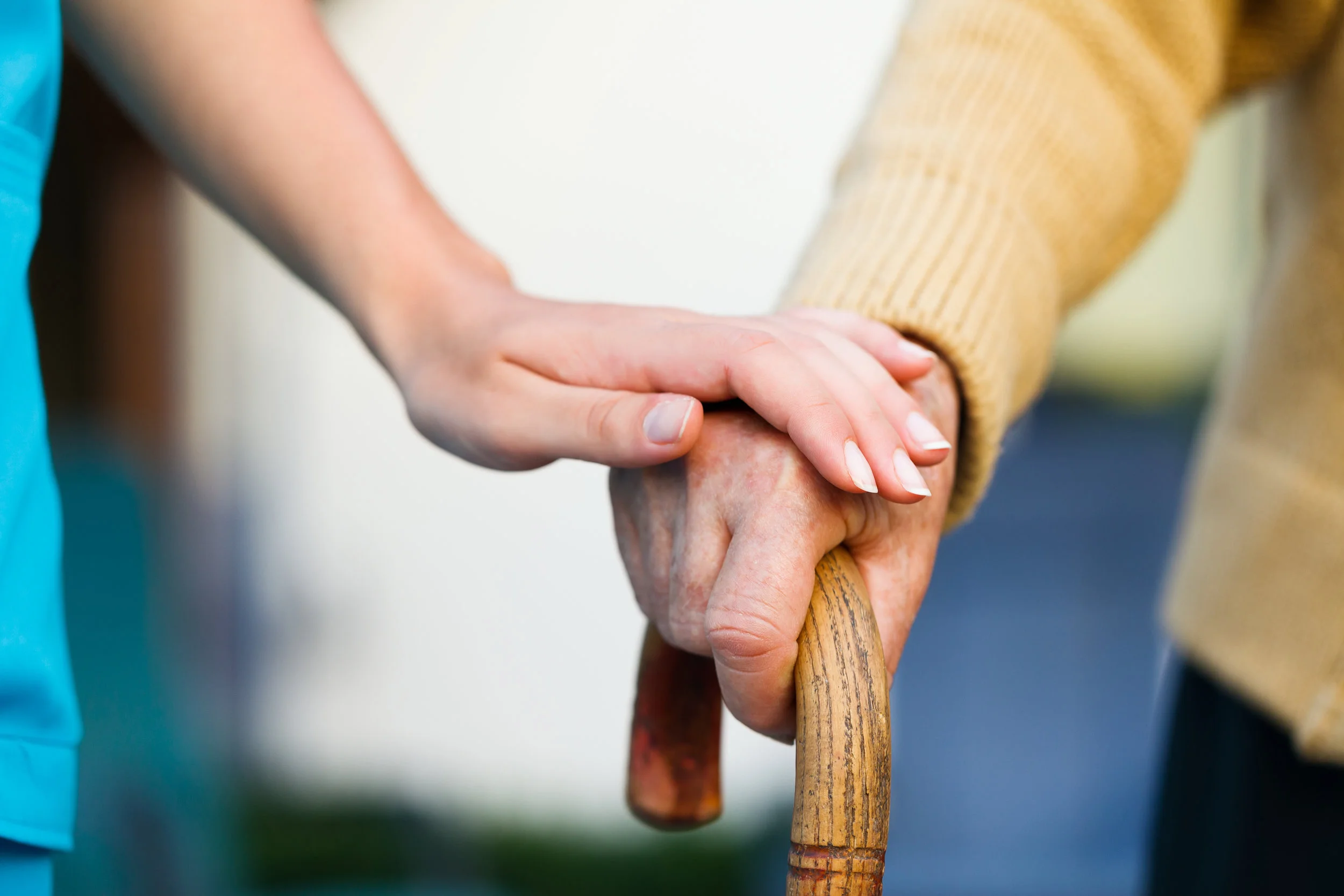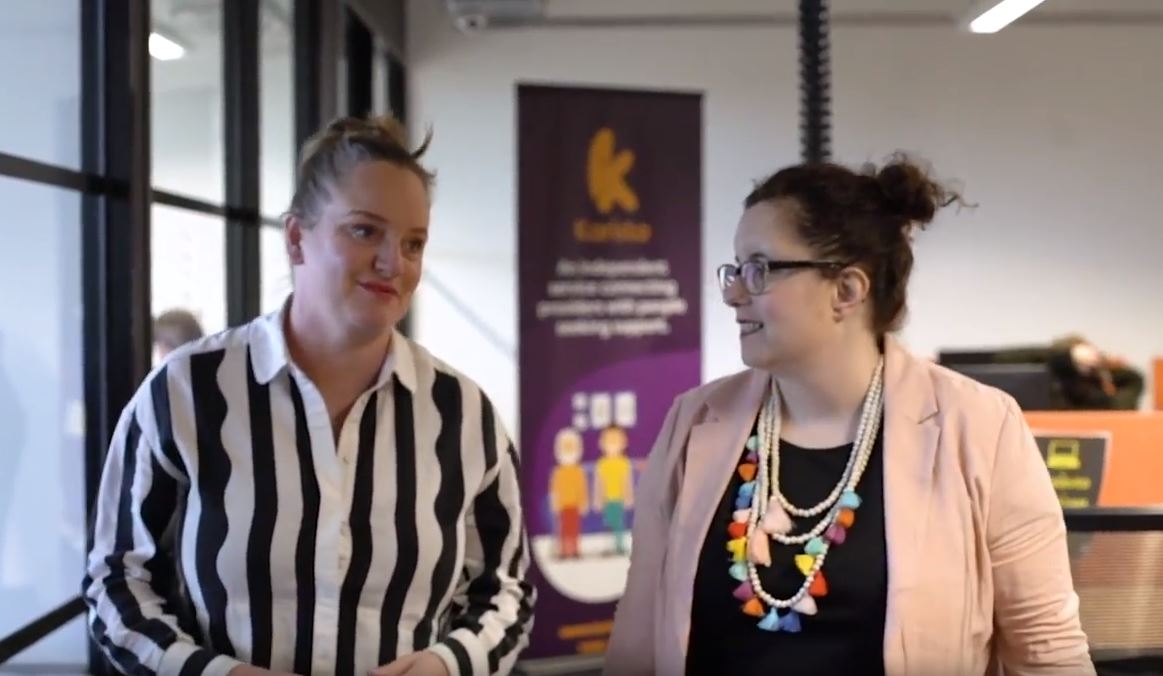It is that time of year again. It is officially acceptable to have put up your Christmas tree and to be candidly counting down the days on your calendar until the work year is over. Your body might still be in the office, but your mind has probably already checked-in to an all-inclusive Pacific resort that boasts of a generous happy hour and little-to-no climate change related disturbances. You’re living the dream. Well, almost.
While our eyes might firmly be on the prize, the year is not over yet. And if there is one thing this time of year lends itself to more than season’s greetings and absent work hours, it is reflection. In that spirit, we thought we would take a brief moment to reflect on the NDIS year that has (almost) passed.
NEW PARTICIPANT PATHWAYS
The year began on a positive note with the release of the Pathways Review, which acknowledged that the NDIS had fallen seriously short of community expectations in the ways it interacted with Participants, families and providers. The Review promised the end of the phone planning era- which to everyone’s complete astonishment had apparently not been a resounding success. As part of a sweeping set of reforms, we were promised a new Provider Pathway and General Participant Pathway, as well as cohort specific pathways for children under six, people with complex support needs, people with psychosocial disabilities, people from Aboriginal and Torres Strait Islander communities, people living in remote or very remote communities, and people from culturally and linguistically diverse backgrounds. Since then, the NDIS website has also alluded to a LGBTQIA+ pathway. You can read more about the Pathway Review in our article from February.
The new General Participant Pathway has been trialed in Victoria. The NDIA deemed the trial a success and (we are told) the Pathway will soon roll out across the rest of the country. However, the cohort specific pathways have been moving at a considerably slower pace. In October, the Agency began running workshops to learn about the needs of these cohorts. In November, it was announced that the Complex Support Needs Pathway would commence its rollout, beginning in Brimbank-Melton and Western Melbourne. So progress is a bit slow, but still:
INDEPENDENT PRICING REVIEW
Also in February (it was a busy, hopeful and dreamy age), McKinsey & Company released their hotly anticipated Independent Pricing Review (IPR). The review was designed to explore the challenges that the NDIS provider market faced and to make recommendations to avert market failure. Amazingly, the Agency gave its support to all 25 of the IPR’s recommendations. Some of these were implemented in the 2017/18 Price Guide, including a 2.5% Temporary Support Overhead (TSO) and new rules about provider travel and cancellations. Last week, the NDIA also announced a new pricing tier for self-care, social and recreational support for Participants with "very complex" support needs. Unfortunately, they are yet to define what “very complex support needs” actually means. Details, huh?
QUALITY AND SAFEGUARDING
Year 2018 was a huge one for quality and safeguarding, beginning in February with the establishment of the Quality and Safeguarding Commission. There is now officially a new sheriff in town and his name is Commissioner Graeme Head (get it, “head”?). Jury is still out on how well he responds to jokes about his name, but from then on, the Commission became the gift that kept on giving. We got a new Code of Conduct, Practice Standards, draft Practice Guidelines and a new portal. All this only just in time before NSW and SA transitioned to the Quality and Safeguarding Framework in July 2018. A lot has been happening in this space in a short amount of time. It’s a bit of a pain in the short term, but when we finally have a nationally consistent quality and safeguarding regime it will (hopefully) all be worth it.
SDA AND SIL
It has been a rollercoaster of a year for Specialist Disability Accommodation (SDA) and Support Independent Living (SIL). It began in April with the release of the SDA Provider and Investor Brief, a document our consultant Brent Woolgar described at the time as full of “new contradictions, new terminology, new risks, new uncertainties.” From this low point, the NDIA did manage to repair some of the damage throughout the year with the release of new data and information that offered providers a bit more market clarity. We are now waiting on the final, DRC endorsed outcomes of the SDA Framework Review which is due late January 2019 (so we can probably expect it some time in August). In the SIL space, the new Quoting Tool released in September (only two months late) has transformed an exceptionally complicated and resource intensive quoting process into a fairly complicated and resource intensive quoting process. It’s all about those baby steps. On a more positive, less sarcastic note, there is a real optimism emerging within the SDA market and we are quietly optimistic that 2019 is the year SDA takes off.
THE NDIS TURNS 5
This year marked the 5th Birthday of the NDIS. While the Scheme is still young, it is growing up fast. Slowly, it is beginning to form its own character, values and traditions. It will not be long before the NDIS is a teenager and starts pretending it does not know us in public. Before that day comes, we need to make sure we are taking every opportunity we are given to create a better NDIS. Particularly, opportunities that arise through pug related gifs.
Moving image: With a tear falling from his eye, a pug looks down at a birthday cake marked "NDIS" and cannot bring himself to blow out the candle.
Year 2018 has been a busy one for the NDIS. As the rollout continues and the Scheme matures, we can probably expect there to be many more like it. But now is not the time to worry about what the new year will bring. It is nearly Christmas after all. Presents and public holidays await you. So, for the time being, let your mind travel back to that beautiful Pacific island and forget all about those four pesky letters: N-D-I-S.
From all of us at DSC: enjoy your well earned break and have a happy new year.





















